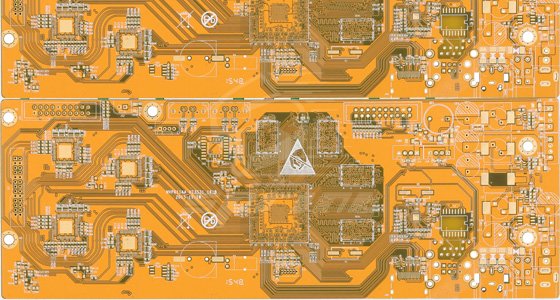 English
English-
 English
English -
 Español
Español -
 Português
Português -
 русский
русский -
 Français
Français -
 日本語
日本語 -
 Deutsch
Deutsch -
 tiếng Việt
tiếng Việt -
 Italiano
Italiano -
 Nederlands
Nederlands -
 ภาษาไทย
ภาษาไทย -
 Polski
Polski -
 한국어
한국어 -
 Svenska
Svenska -
 magyar
magyar -
 Malay
Malay -
 বাংলা ভাষার
বাংলা ভাষার -
 Dansk
Dansk -
 Suomi
Suomi -
 हिन्दी
हिन्दी -
 Pilipino
Pilipino -
 Türkçe
Türkçe -
 Gaeilge
Gaeilge -
 العربية
العربية -
 Indonesia
Indonesia -
 Norsk
Norsk -
 تمل
تمل -
 český
český -
 ελληνικά
ελληνικά -
 український
український -
 Javanese
Javanese -
 فارسی
فارسی -
 தமிழ்
தமிழ் -
 తెలుగు
తెలుగు -
 नेपाली
नेपाली -
 Burmese
Burmese -
 български
български -
 ລາວ
ລາວ -
 Latine
Latine -
 Қазақша
Қазақша -
 Euskal
Euskal -
 Azərbaycan
Azərbaycan -
 Slovenský jazyk
Slovenský jazyk -
 Македонски
Македонски -
 Lietuvos
Lietuvos -
 Eesti Keel
Eesti Keel -
 Română
Română -
 Slovenski
Slovenski
PCB double-layer board surface coating treatment
2024-09-15
The quality of the surface coating of PCB is directly related to the stability and service life of the product. Among many influencing factors, adhesion is one of the important indicators to measure the quality of coating. The following is a detailed introduction to the factors that affect the adhesion of the coating during the surface coating treatment of the double-layer PCB.

1. The influence of pretreatment on adhesion
In the process of PCB surface plating, pretreatment is a very important step. The cleanliness of the substrate surface directly affects the bonding strength between the plating and the substrate. The presence of impurities such as oil, oxides, etc. will reduce adhesion. Therefore, thorough cleaning and proper surface activation are essential.
2. The relationship between plating solution temperature and adhesion
The temperature control of the plating solution is very important for obtaining high-quality plating. Unsuitable plating solution temperature may cause the generation of internal stress in the plating, which in turn affects adhesion. Therefore, precise control of the plating solution temperature to ensure the uniformity and density of the plating is the key to improving adhesion.
3. The effect of plating thickness on adhesion
The thickness of the plating is also a factor that cannot be ignored. Too thick a plating may reduce adhesion due to increased internal stress. PCB manufacturers need to reasonably control the thickness of the plating according to specific application requirements to achieve the best adhesion effect.
4. The influence of plating solution composition on adhesion
The concentration of metal ions, pH value and the content of additives in the plating solution will affect the quality and adhesion of the plating. Maintaining the stability of the composition of the plating solution and regularly testing and adjusting it are important measures to ensure the quality of the coating.
5. The influence of current density on the quality of the coating
The control of current density is directly related to the deposition rate and uniformity of the coating. Excessive current density may cause the coating to be rough and reduce adhesion. Therefore, the reasonable configuration of current density is crucial to obtain a smooth and uniform coating.
6. Consideration of the surface condition of the substrate
The micromorphology of the substrate surface, such as roughness and scratches, will also affect the adhesion of the coating. Appropriate surface treatment, such as grinding or polishing, can improve the smoothness of the substrate surface, thereby enhancing the adhesion of the coating.
7. Control of impurities in the plating solution
Impurities in the plating solution, such as solid particles and suspended matter, will directly affect the surface quality and adhesion of the coating. Controlling the impurity content in the plating solution by means of filtration, purification, etc. is an effective way to improve the adhesion of the coating.
8. Management of internal stress in the coating
Internal stress may be generated in the coating during its formation, and the presence of this stress will reduce the adhesion of the coating. By optimizing the plating process, such as adjusting the plating solution composition, current density and plating solution temperature, the internal stress can be effectively reduced and the adhesion can be improved.
The adhesion of the surface plating of the double-layer PCB is a complex problem affected by multiple factors. By comprehensively considering and optimizing the pre-treatment, plating solution temperature, plating thickness, plating solution composition, current density, substrate surface condition, impurities in the plating solution and internal stress, the adhesion of the PCB surface plating can be effectively improved, thereby improving the quality and reliability of the product.



